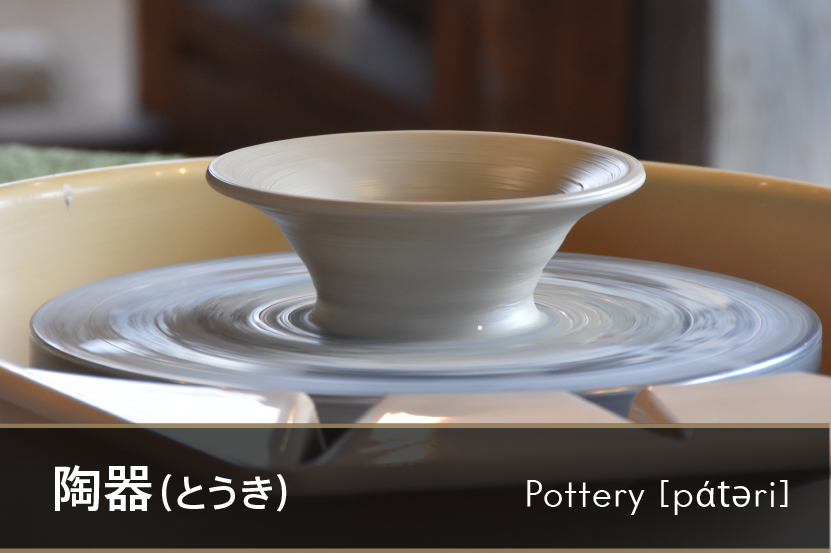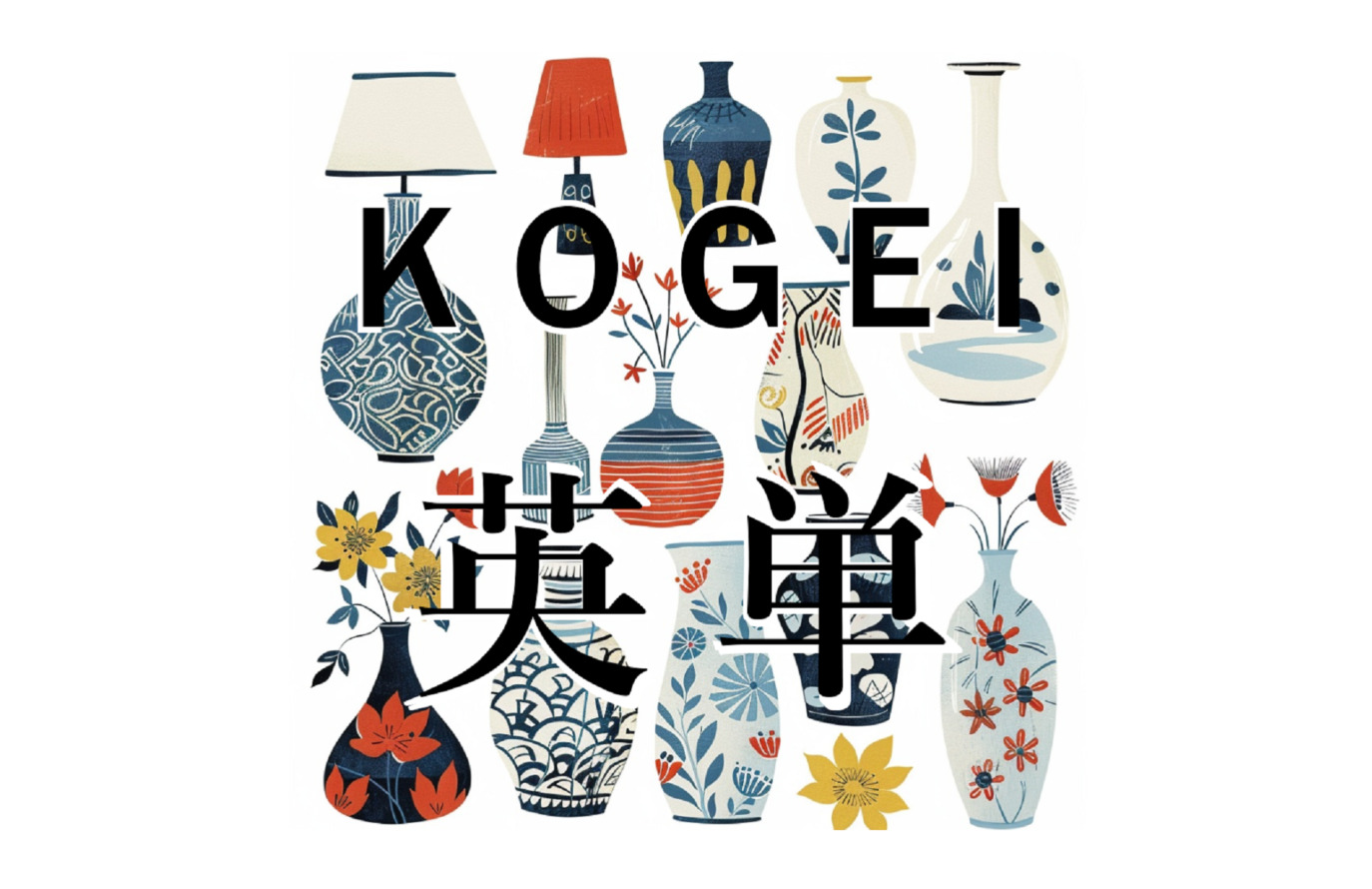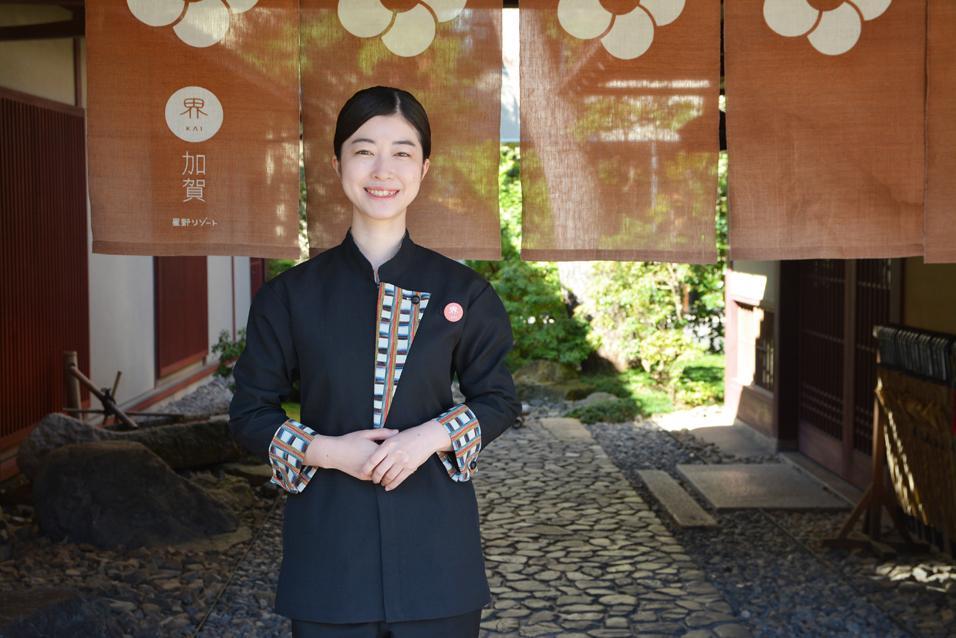The Meaning of Touki (Pottery) and Its Etymology
陶器【touki】
Pottery
Ceramic
Stoneware
The Japanese word touki (陶器), meaning pottery or ceramics, is an advancement over earthenware. Clay is shaped into objects, such as vessels, and fired at temperatures between 800°C and 1200°C.
Since the clay remains absorbent after molding and is not fully fired, a glassy glaze (yuuyaku) must be applied to the surface. Compared to porcelain, pottery typically feels softer and warmer. In the Hokuriku region, traditional pottery includes Etchu Seto ware, Suzu ware, and Echizen ware.
The word “pottery” is derived from the term “pot.” A person who makes deep, round pots came to be known as a potter, and their workshop, along with the objects they create, became associated with the term pottery.
However, some craftspeople avoid the term “pottery” due to its association with the image of a worker using a potter’s wheel. Because the word doesn’t always convey an aesthetic sense, many prefer the term ceramic.
It’s important to distinguish ceramic from fine ceramics, which refers to new ceramics with high performance and functionality, developed by improving traditional ceramics made from natural materials.
The term ceramics, referring to molded and fired clay objects crafted by artisans, has been used since the 1850s.
A common misunderstanding is that stoneware is synonymous with pottery or ceramics, but “ware” simply means “product.” For example, Wedgwood ware refers to the products made by Wedgwood.
参考:〈「工芸」英訳ガイドライン〉( ザ・クリエイション・オブ・ジャパン)









Like op-ed
For this article, we are waiting for your positive, constructive and responsible opinions and comments. Only members can post.
Only members can post. please login.